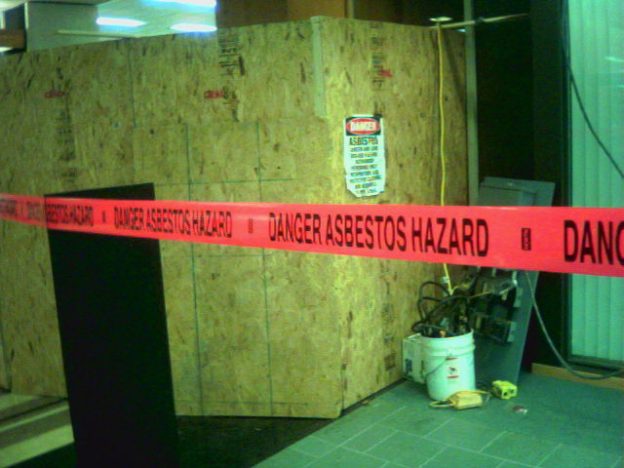By Daniel King | Pleural Mesothelioma Center
Caring for a parent with cancer is a life-changing ordeal even in the best of circumstances, but mesothelioma in particular presents a greater challenge because of its rarity and severity.
The good news: There are resources that can help. You and your family do not have to endure this alone.
Facts About Mesothelioma
Pleural mesothelioma, which affects the lining of the lungs, accounts for three quarters of all mesothelioma cases.
The cancer usually develops after long-term exposure to asbestos at the workplace. Asbestos, a naturally occurring mineral, was once a ubiquitous construction material. When tiny fibers of asbestos are inhaled, they get stuck in the lining of the lungs, called the pleura.
After 10 to 50 years, these fibers cause genetic changes in healthy cells and may lead to cancer.
With pleural mesothelioma, the first symptoms are often shortness of breath, chest pain, a chronic cough, and weight loss. As the cancer progresses, your parent may experience greater pain, difficulty breathing, fatigue, and many other symptoms, and he or she may have to increasingly rely on family and other caregivers to assist with tasks of daily living.
Prognosis, or the forecast of a disease’s likely effects and outcomes, is grim for mesothelioma. On average, 38 percent of patients live about one to two years after diagnosis, and about 10 percent live longer than three years.
Keep in mind, though, there are many factors affecting your parent’s individual prognosis.
How to Help Your Parent
Some of the facts of mesothelioma are beyond anyone’s control, but there are other factors that can help your parent improve, such as eating a nutritious diet, getting plenty of rest, and reducing stress however you can.
Various medical treatments can extend your parent’s life span and improve his or her quality of life, from standard treatments such as surgery, chemotherapy, and radiation to emerging technologies, including immunotherapy, gene therapy, and photodynamic therapy.
Trying to improve your parent’s lifestyle as your family navigates an unknown world of medical decisions may leave you feeling just as overwhelmed as your parent.
After all, you still have to take care of yourself, which may in itself be a new pressure for you as a teen. For that reason, finding whatever assistance is available to your family is one of the greatest contributions you can make to your parent’s care.
Confide in Patient Advocates
Patient advocates are professionals who help patients and their families find medical and financial resources. Because pleural mesothelioma is such a rare cancer, it is vital that your parent be treated by experienced specialists. Patient advocates can help your family locate the best doctors and treatment centers for your parent’s needs.
If your parent can prove that his or her employer was responsible for asbestos exposure linked to the cancer, patient advocates can help your family obtain financial assistance and compensation through government programs, lawsuits, and special trust funds for people suffering from the effects of asbestos.
Patient advocates can also locate community organizations that provide patient resources for mesothelioma that will help shoulder the burden of caregiving, as well as groups and networks that can provide you with emotional support.
Remember that during this difficult time, it is never wrong to ask for help with any issue — no matter how large or small.
Daniel King is a content writer for Pleural Mesothelioma Center and PleuralMesothelioma.com, an informational source for mesothelioma patients and families.
